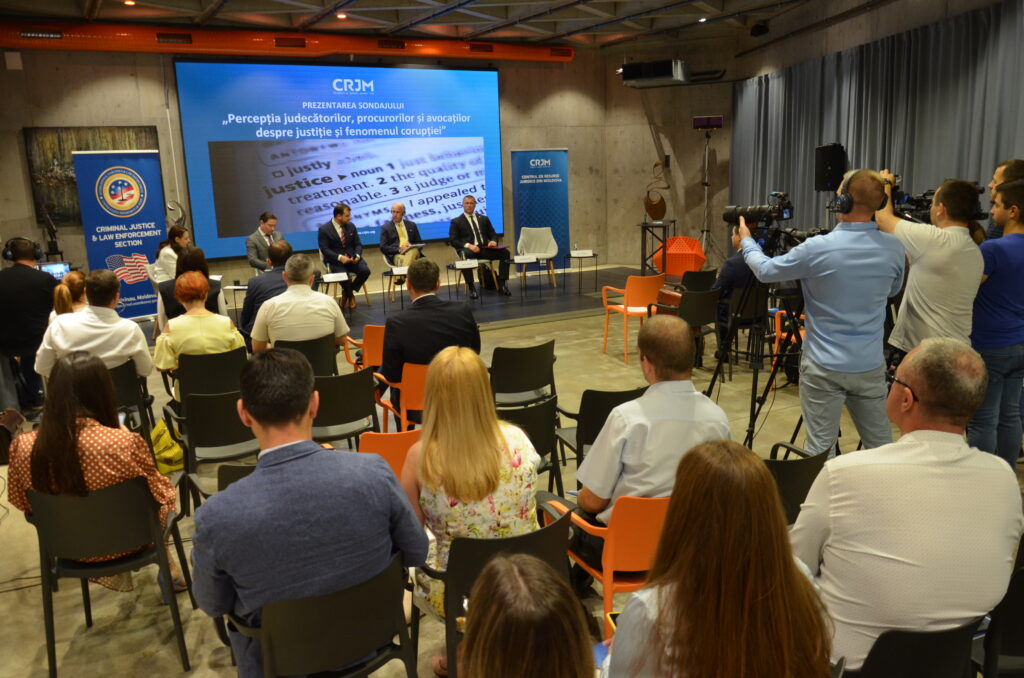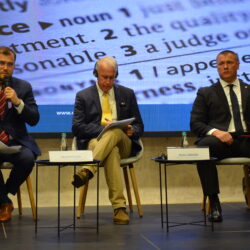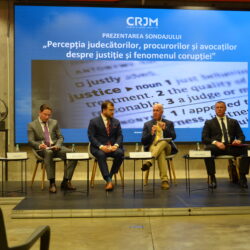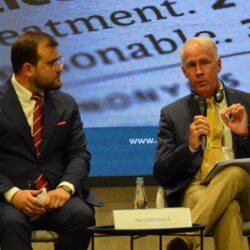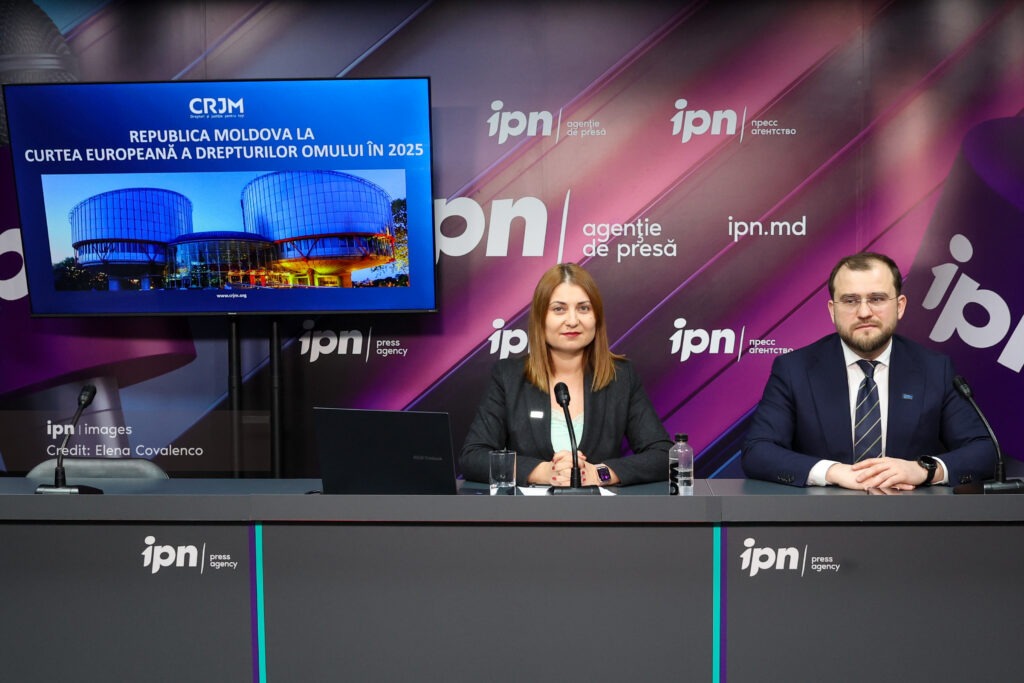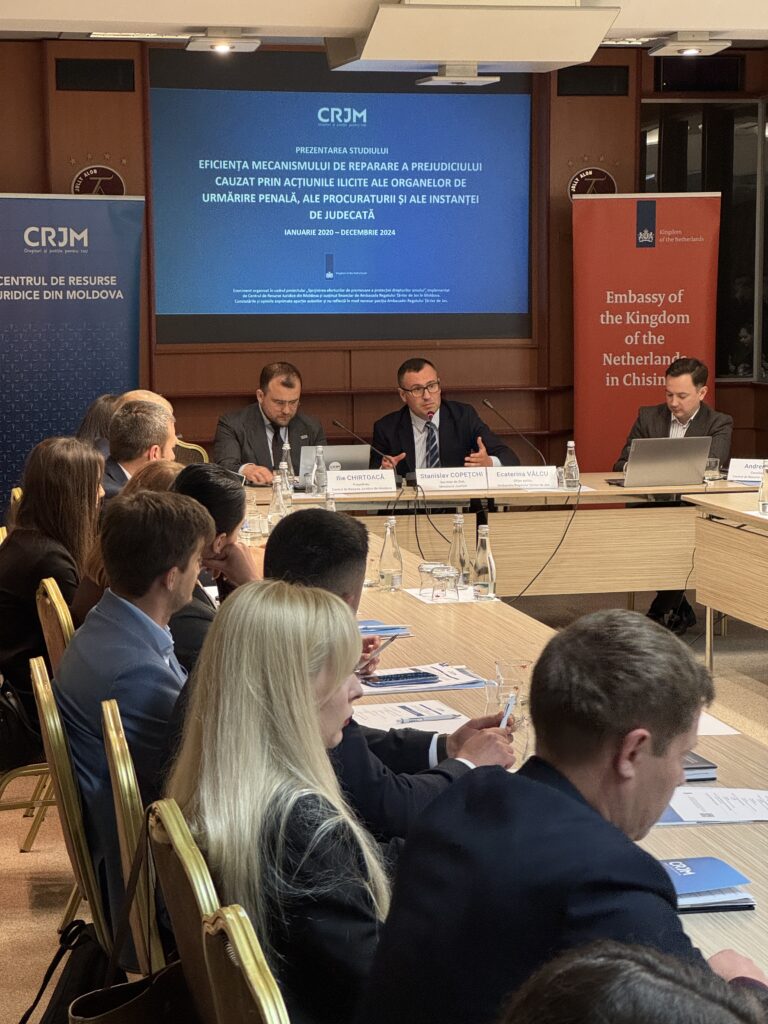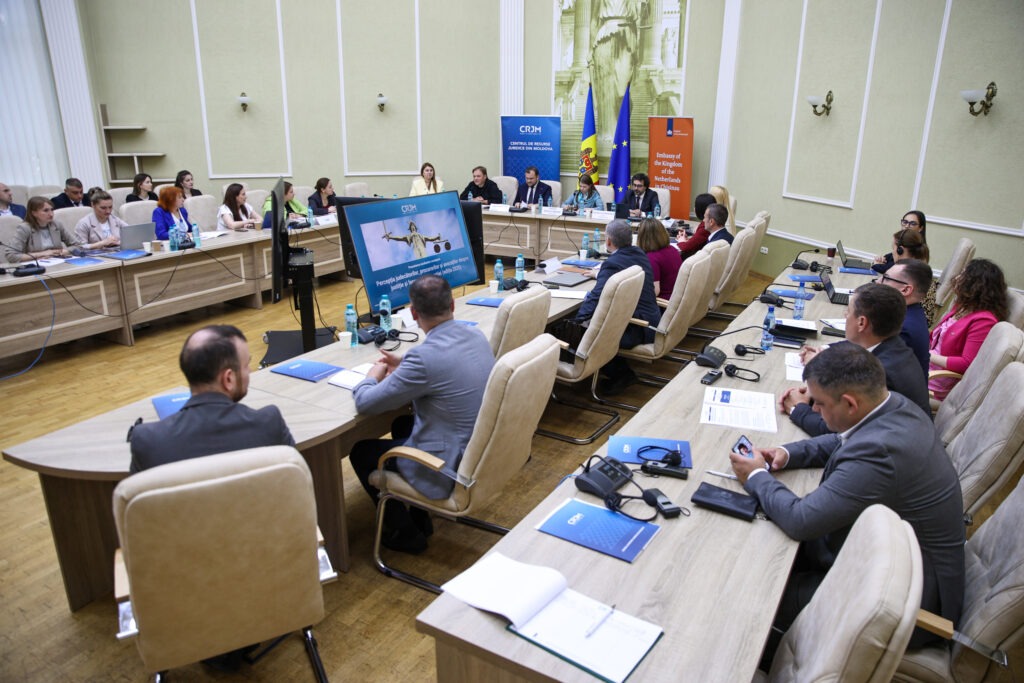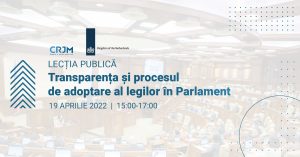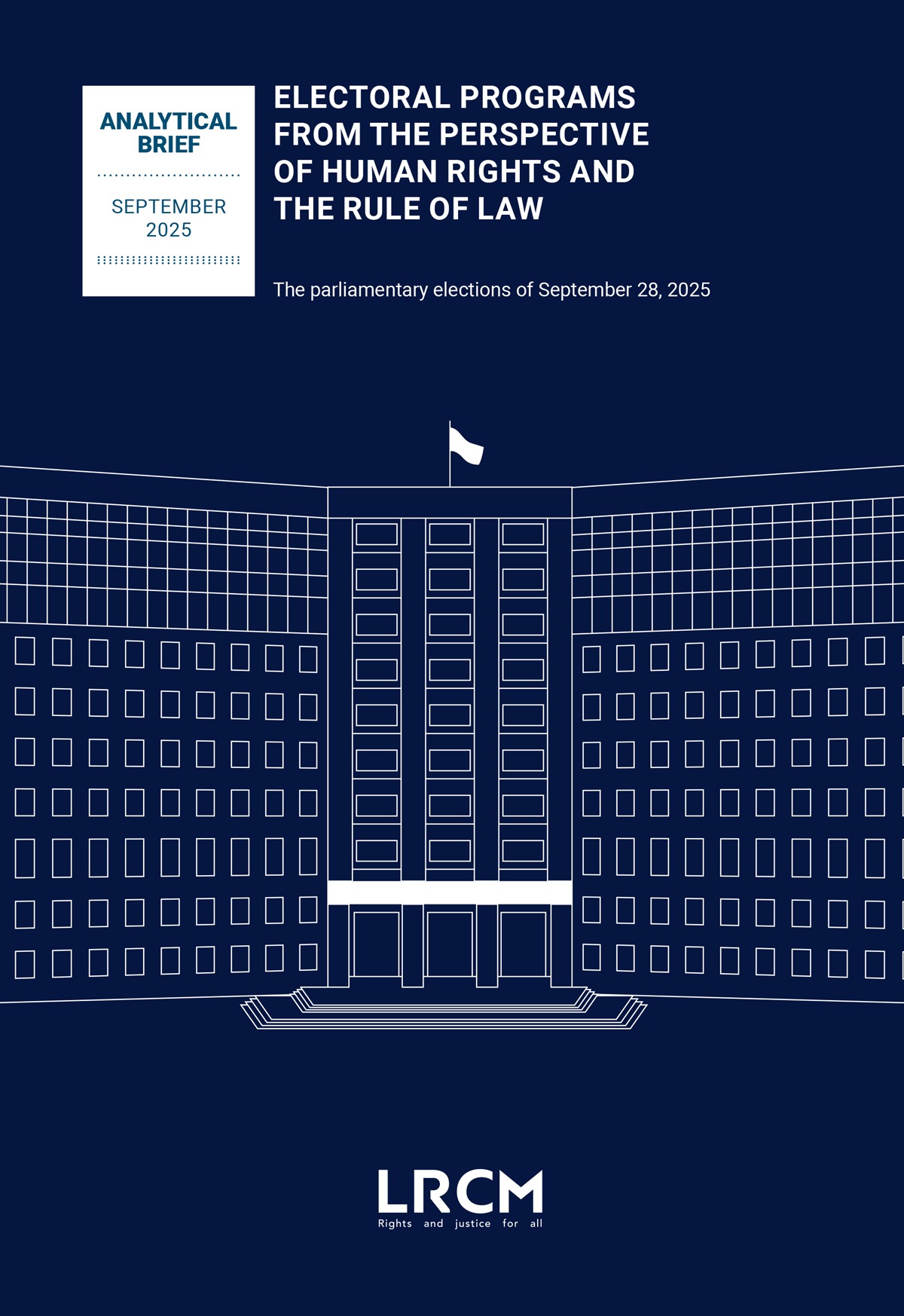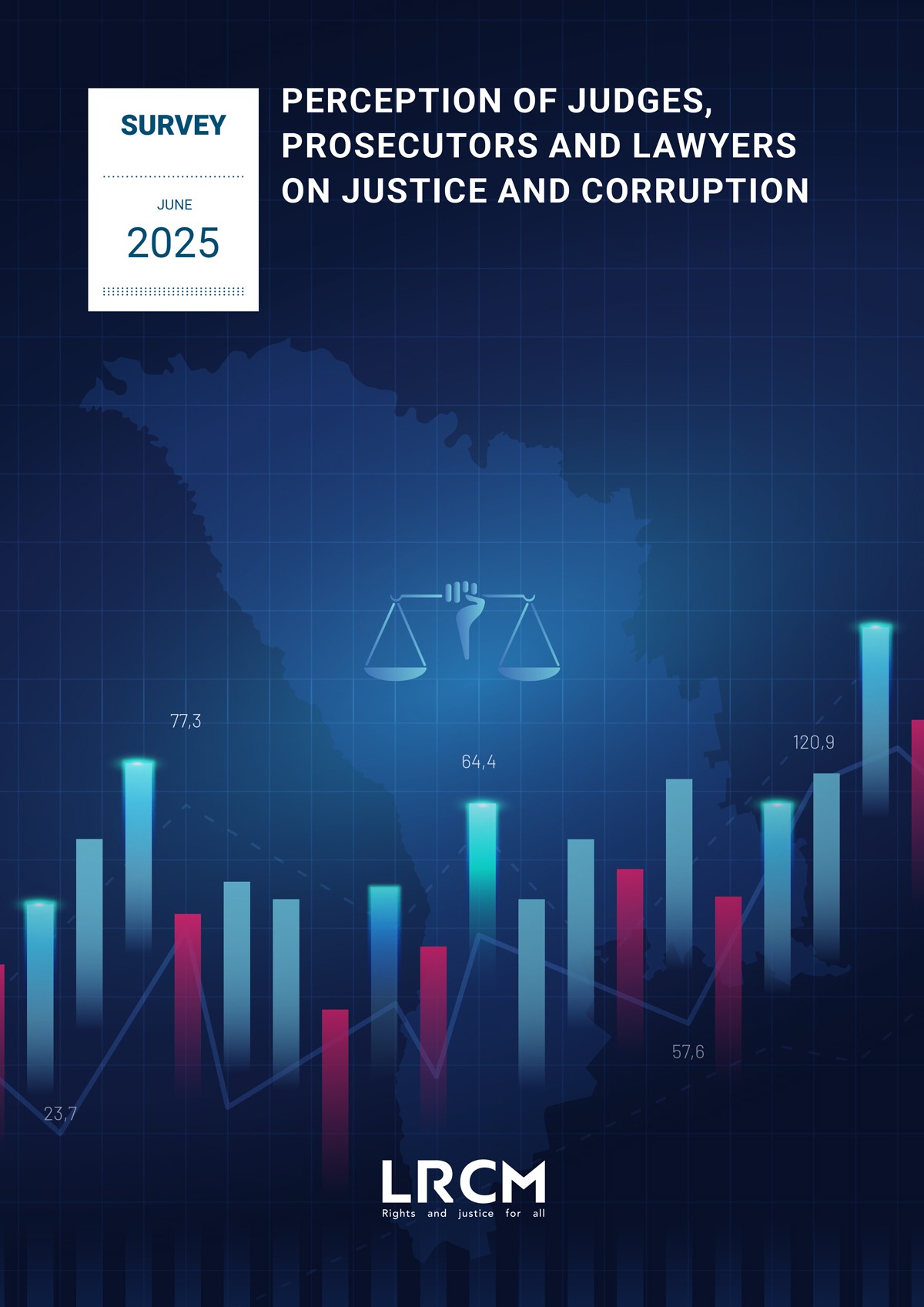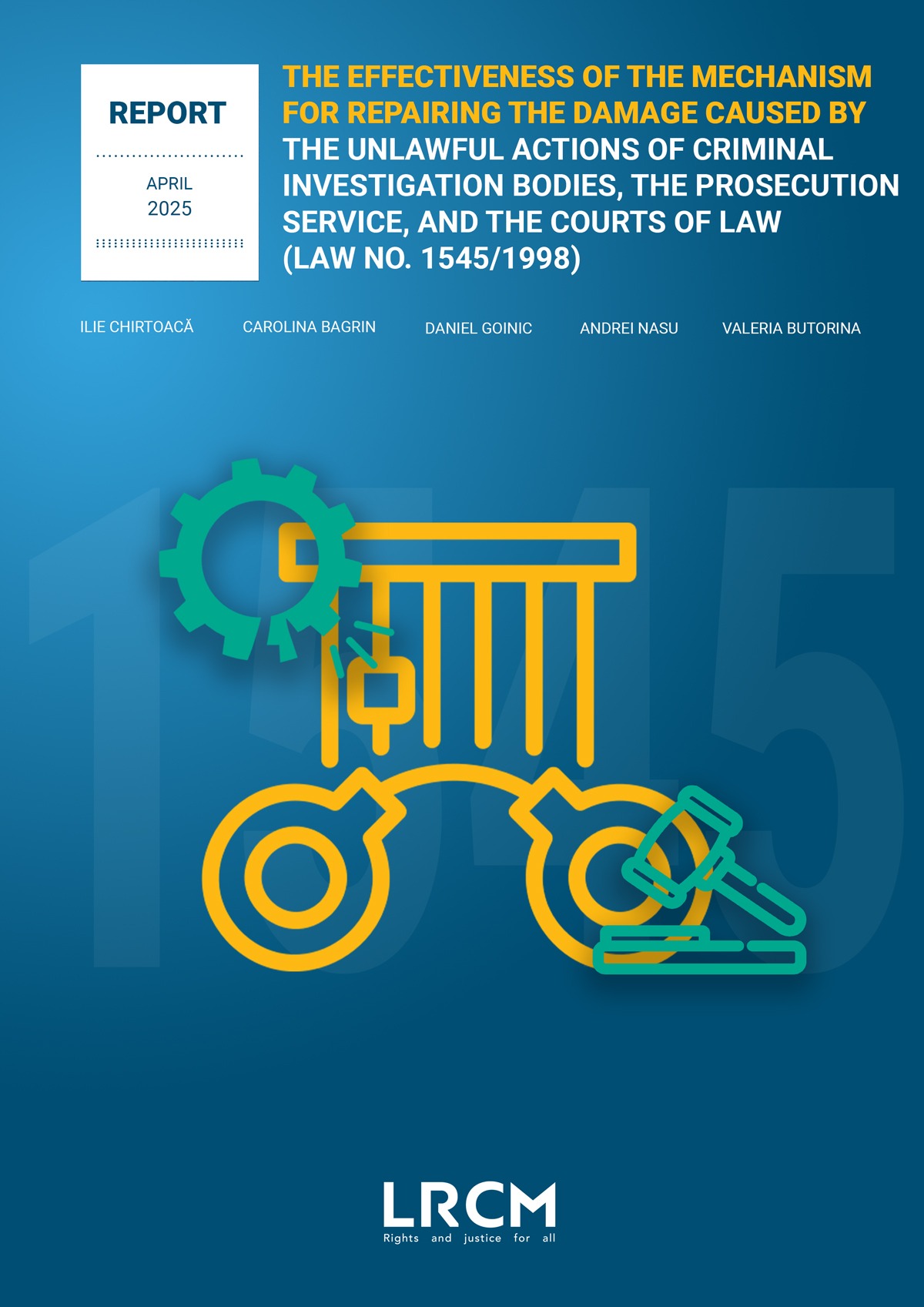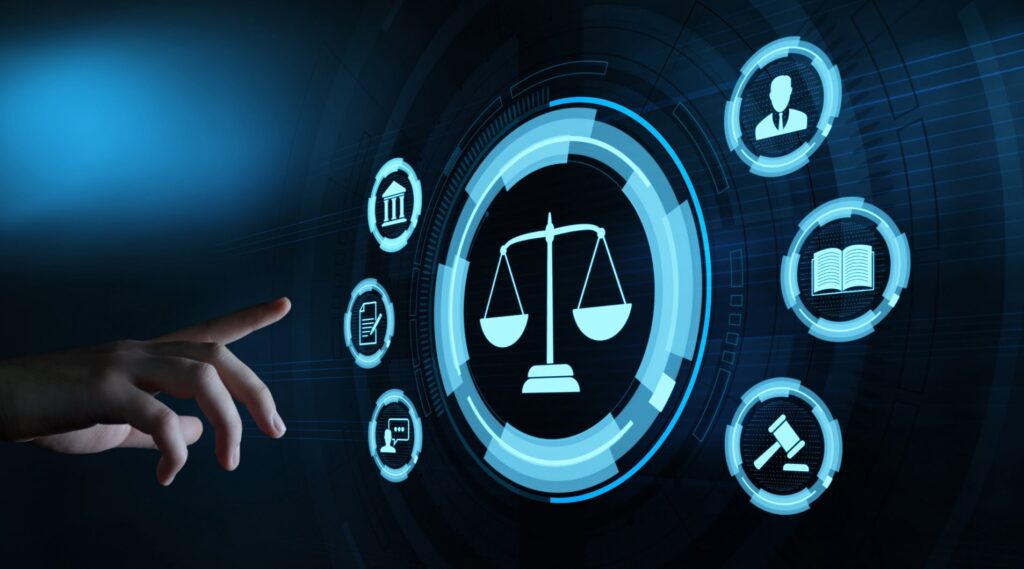Independence of judges and prosecutors, self-administration of these professions, quality of justice, and corruption covered in a survey of professionals
In 2023, 91% of judges consider themselves independent, but most frequently mention politicians (27%) and the media (23%) as factors that would influence them. More than 80% of judges and prosecutors believe that the low level of trust in the judiciary is due to politicians’ attacks on justice and the unjustified image created by the media, while the number of lawyers who share this view is much lower. The vast majority of lawyers believe that the admitted illegalities of judges and prosecutors and the failure to punish these offences lead to low confidence.
These are just some of the findings of the survey “Perception of Judges, Prosecutors and Lawyers on Justice and Corruptionˮ, presented on Wednesday, 12 July 2023. 604 people participated in the survey, representing 20.8% of all judges, prosecutors and lawyers effectively working in the Republic of Moldova*. The questionnaires were completed by 128 judges (34%), 253 prosecutors (43%) and 223 lawyers (11%).
The survey is aimed at finding out the opinion of judges, prosecutors, and lawyers on the state of justice, initiatives to reform it and the phenomenon of corruption. It was conducted in April-June 2023 by the Centre of Sociological, Politological and Psychological Analysis and Investigations “CIVISˮ, and commissioned by the Legal Resources Centre from Moldova (LRCM).
The results of the survey were presented at an event attended by representatives of the Parliament and the Ministry of Justice, the Superior Council of Magistracy, the General Prosecutor’s Office, and the Moldovan Bar Association, as well as by colleagues from civil society and representatives of development partners.
“We can see the state of justice through surveys of this kind, as they reflect the attitudes and opinions of those who make up the justice system – judges, prosecutors, and lawyers. It is important to collect and analyse their views to understand how the system is evolving, whether or not there is support for anticorruption reforms and initiatives. Beyond the numbers, we have people who act in one way or another because of their beliefs, which influence the results of the work of justice professionals, but also how these results are felt and perceived by society”, said Ilie Chirtoacă, Executive Director of the Legal Resources Centre from Moldova.
The data collected in the survey shows a growing trend in the number of supporters of the external evaluation announced by the authorities, also known as vetting. Compared to 2020, more judges, prosecutors and lawyers support the vetting process. However, judges and prosecutors with more experience of working in the system remain reluctant about the procedure.
When asked what measures should be taken to increase the efficiency of justice, the vast majority of respondents opted for simplification of judicial procedures and random allocation of cases in the prosecution service.
Another trend observed concerns the assessment of corruption level in the professions of judge, prosecutor, and lawyer. The survey figures confirm that the legal professions recognise the existence of corruption in the country and in the justice system, but prefer to believe that corruption is more widespread in other professions than in their own.
Judges, prosecutors, and lawyers have similar views on causes of corruption. All three professions pointed to low salaries (82% of judges, 95% of prosecutors and 69% of lawyers), and the fact of not holding corrupt people accountable (76% of judges, 77% of prosecutors and 89% of lawyers). Professionals in the justice system also see the lack of transparency of governing and self-governing bodies, and shortcomings in the selection and career promotion system as causes of corruption.
The Legal Resources Centre from Moldova conducted similar surveys in 2015 and 2020, and the data from the current survey were compared between professions, as well as with responses to similar questions provided in previous surveys.
The 2023 edition of the survey was made possible with financial support from the US State Department through the State Bureau of International Narcotics and Law Enforcement Affairs of the United States Embassy in Moldova, in the framework of the project “Support integrity and anticorruption efforts in Moldova through active civil society oversightˮ, implemented by the Legal Resources Centre from Moldova.
The full presentation of the survey and other statements can be watched in the video recording of the event
*According to official data, at the beginning of 2023, 375 judges, 592 prosecutors and 1,986 lawyers were working in Moldova.
